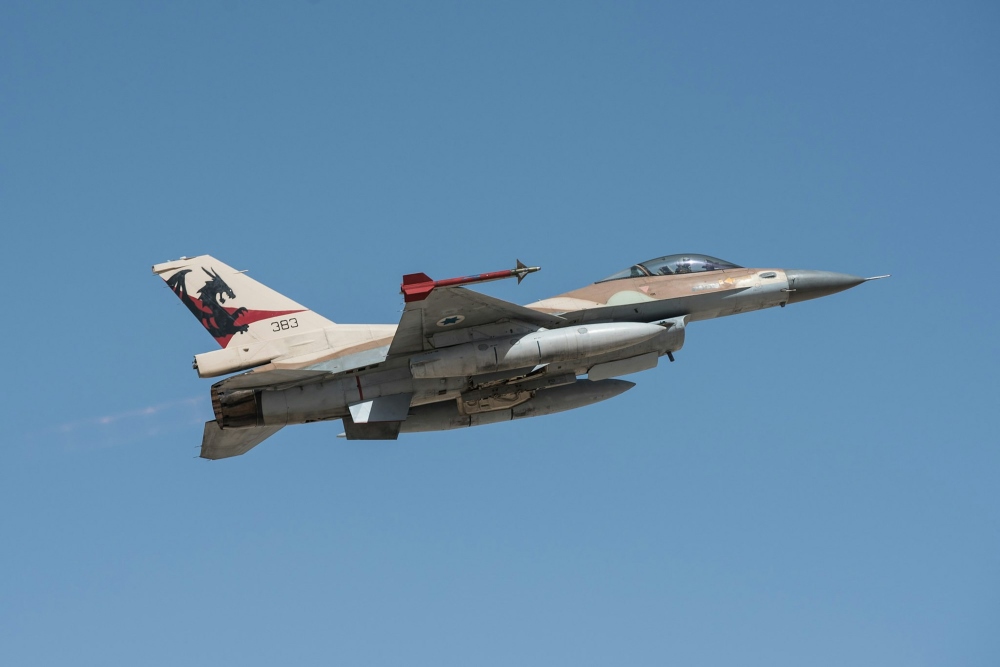
For years, Hezbollah relied on “deterrence equations” to manage its conflict with Israel. These carefully crafted formulas have now collapsed, leaving the organization helpless and exposed.
Hezbollah promoted, celebrated, and ultimately became addicted to concepts like “an eye for an eye” and “Beirut equals Tel Aviv.” These equations shaped its strategy, creating the illusion that it could control the pace of escalation and dictate Israel’s response.
Over time, Israel’s adherence to these rules boosted Hezbollah’s confidence in this fragile structure. But the organization never fully considered what would happen if Israel stopped playing along. When that happened, the entire framework fell apart.
Hezbollah’s mounting losses
The first breakdown came after October 7, when Hezbollah initiated rocket and anti-tank missile attacks on Israel. The IDF responded by systematically targeting Hezbollah squads, while the group tried to enforce its “eye for an eye” doctrine, aiming to inflict equivalent casualties.
However, it quickly became apparent that Hezbollah could not match Israel’s capabilities. In a conflict where both sides sought to avoid full-scale war, Israel had far more lethal and precise options, eliminating Hezbollah operatives and key assets at will.
Hezbollah, by contrast, faced a much narrower range of choices. To cause more significant damage, it would need to escalate dramatically – something it sought to avoid. The equation quickly crumbled.
As a result, Israel continued to inflict losses on Hezbollah at a far higher ratio than it suffered, including the elimination of high-ranking commanders.
In effect, this specific equation no longer exists.
Beirut left unprotected
The second rupture shattered the “Tel Aviv equals Beirut” equation. For years, Hezbollah warned that any Israeli attack on Beirut would provoke heavy missile barrages targeting Tel Aviv. The group consequently assumed that as long as Tel Aviv remained untouched, Beirut would be protected.
Based on this logic, Hezbollah concentrated its leadership, strategic assets, and command centers in its Beirut nerve center, the Dahiya district, assuming they were immune to attack.
As the current war progressed, there were early signs that Israel might not continue following this rule. Pinpoint strikes in Beirut killed Hamas deputy chief Saleh Aruri and Hezbollah’s top military commander Fuad Shukr. These were warning shots, but Hezbollah did not adjust its strategy.
When Israel finally decided to terminate the “Beirut equals Tel Aviv” equation, it did so decisively. After executing a mass attack to blow up Hezbollah’s communication devices, the IDF launched a series of intense strikes on Hezbollah targets in Beirut, targeting its leadership bunkers, command centers, weapons depots, and intelligence operations.
Hezbollah, caught off guard and without a contingency plan, was left defenseless. Its leaders and strategic assets, deeply entrenched in residential areas, were eliminated one by one. Mideast expert Eyal Zisser observed that the organization prepared for an entirely different kind of war.
Old rules are shattered
Hezbollah found itself in a catastrophic situation after its deterrence evaporated. With its chain of command in disarray and weapons caches bombed daily, the group was not in a position to execute its own end of the equation and retaliate with massive missile barrages.
Moreover, Hezbollah likely concluded that attacking Tel Aviv would only provoke a fiercer Israeli response that could completely destroy the Dayiha and other strongholds.
For now, Hezbollah chose not to escalate further, leaving its “Tel Aviv equals Beirut” equation in ruins.
Looking ahead, Hezbollah is now at a crossroads. Its entire strategy of using deterrence equations has failed. If the group survives the war, it will need to completely rethink its doctrine and devise a new approach to counter Israel. [here’s more on Hezbollah’s potential transformation]
What is certain is that the old rules have been shattered. For the foreseeable future, the days of relying on “an eye for an eye” and “Beirut equals Tel Aviv” are over.


